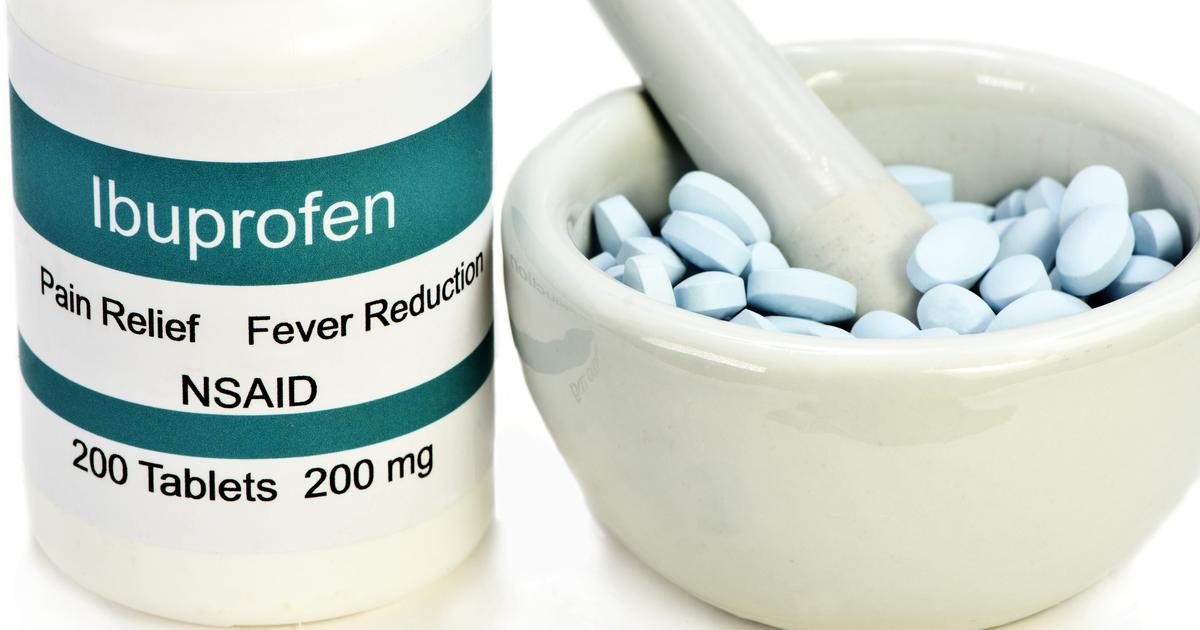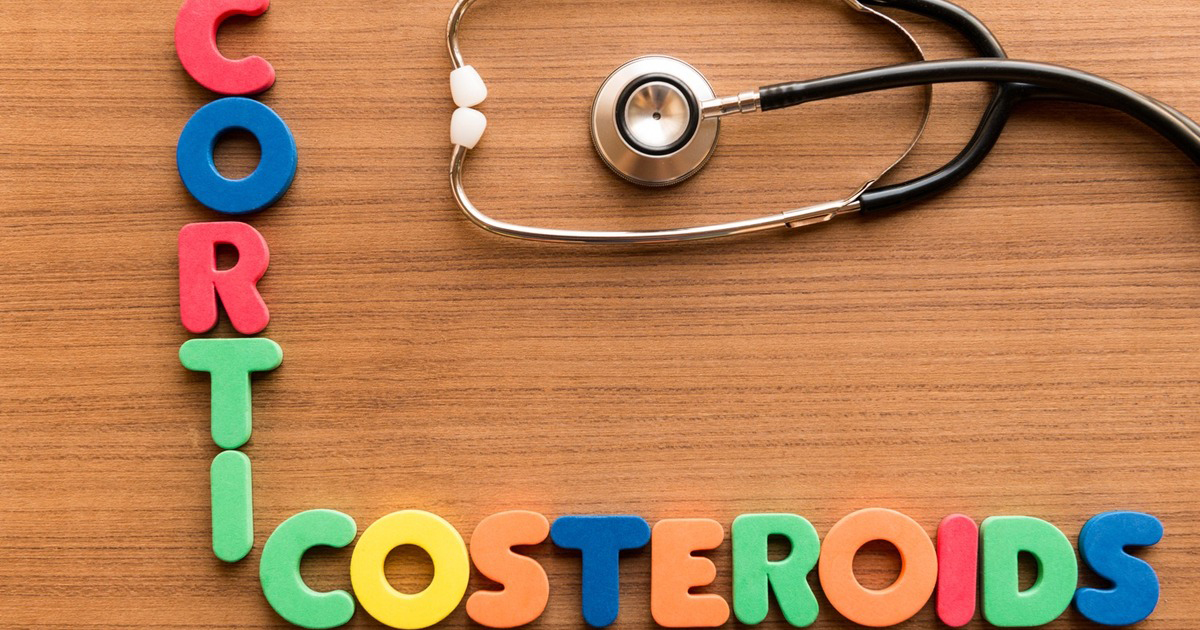Overview Of Medications For Gout
Gout is a type of arthritis. It develops due to a buildup of urate in the joints. The condition can cause intense joint pain, and the affected areas may become swollen or red. Along with the big toe, the ankles, knees, fingers, wrists, and elbows are the most commonly affected areas. Most patients experience symptoms at night. The symptoms tend to appear suddenly. Generally, the joint pain will be severe for the first four to twelve hours. Discomfort could continue for several days or weeks. Gout patients who have had this condition for an extended period could notice a reduced range of motion in the affected joints. Doctors may perform blood tests, x-rays, joint fluid tests, dual-energy CT scans, and ultrasounds to diagnose gout.
Many patients will take prescription medicine for gout pain. This often includes anti-inflammatory medicine for gout, or even uric acid lowering medicine. Certain individuals may also be prescribed ointment for gout pain. Natural remedies for gout may also be helpful, and they typically include following a gout diet. Of course, patients will still have to take gout control medications at least occasionally, so it is best to understand how they work.
Colchicine

Colchicine is used to reduce the pain associated with acute gout symptoms. Patients may also take a daily low dose of colchicine to prevent future gout attacks. This medication is taken orally. It works by reducing the accumulation of uric acid crystals. Colchicine also reduces swelling in the affected joints. To ensure that this medication is safe for the patient's needs, doctors will want to know if they have a history of kidney or liver disease.
Patients should also let their doctor know if they take digoxin or medicines to reduce cholesterol. Diarrhea, nausea, vomiting, and abdominal pain are some of the most common side effects of colchicine. Some individuals could experience severe diarrhea, muscle weakness, shortness of breath, or numbness in the fingers or toes while taking this medicine. If these side effects occur, patients should let their doctor know right away.
Continue reading to learn about more medications for gout now.
Allopurinol

Allopurinol is a medicine that can help reduce the risk of complications from gout. It restricts the amount of uric acid that the body makes. This lowers the amount of uric acid in the patient's blood, potentially reducing the risk of gout symptoms. Allopurinol is not designed for the treatment of gout attacks. Generally, it is recommended for patients who already have some complications from gout, including kidney stones, tophi, joint damage, or chronic kidney disease. This medication is particularly beneficial for patients who have several episodes of gout each year. It may be considered for patients who have severe pain during gout attacks as well.
The most frequently reports side effects of this medication are skin rashes, diarrhea, and nausea. Patients should check their skin regularly for changes. They should inform their doctor immediately if they notice any signs of a rash. The skin rashes associated with allopurinol may be flat or raised. Both types of rashes need to be reported to a doctor. During treatment with this medicine, patients should contact their doctor right away if they develop joint swelling, stiffness, or pain.
Uncover information on more medications for gout now.
Nonsteroidal Anti-Inflammatory Drugs

Nonsteroidal anti-inflammatory drugs may be recommended to treat gout attacks and prevent future attacks. Ibuprofen, naproxen sodium, indomethacin, and celecoxib are some of the most common for gout treatment. Typically, patients take a higher dose to manage symptoms during an attack. A lower dose is taken daily to reduce the risk of future episodes. Patients may need to try several different anti-inflammatory medications to find one that is effective for their needs.
Since these medications can cause abdominal pain, fluid retention, stomach ulcers, and increased blood pressure, patients may need to be closely monitored when taking them. Some individuals could experience dizziness or difficulty with concentration while taking this medicine. Patients should let their doctor know immediately if they develop blurry vision, fatigue, sensitivity to light, difficulty urinating, or pain in the middle of the back during treatment. Adjusting the dose or switching to a different anti-inflammatory medication could help with managing or eliminating side effects. Patients with pre-existing kidney issues may be advised to avoid the use of nonsteroidal anti-inflammatory drugs.
Reveal details on more gout medications now.
Corticosteroids

Doctors may recommend prednisone and other corticosteroids to treat and prevent gout attacks. They are prescribed to patients who cannot use colchicine or nonsteroidal anti-inflammatory medication. Corticosteroids reduce the inflammation and pain associated with gout. They can be taken orally or given as an injection. Generally, corticosteroids are only used for a short period. Patients who use these medicines could experience side effects. Side effects may include increased blood sugar and blood pressure, sleeping difficulties, and mood changes. The medications can also increase the risk of bone fractures.
Patients should also inform their doctor if they have a history of diabetes, heart disease, liver disease, kidney disease, eye issues, or osteoporosis before using corticosteroids. Due to the risk of withdrawal symptoms, individuals who have used an oral corticosteroid for more than fourteen days should talk to their doctor if they wish to discontinue the medication. The dose must be tapered off to avoid nausea, fatigue, body aches, and other symptoms.
Keep reading to learn more about medications used for gout treatment now.
Probenecid

Probenecid is a uricosuric medication that helps the kidneys remove uric acid from the body. Doctors may consider this medication for patients who have complications from gout. It is not used to treat or prevent gout attacks. Probenecid lowers the amount of uric acid in the blood. However, it can increase the level of uric acid in the patient's urine. During treatment with probenecid, patients could experience side effects, including skin rashes and stomach pain. Some individuals might develop kidney stones. Patients should tell their doctor right away if they experience difficulty with urination, painful urination, changes in urine color or volume, or lower back pain during treatment with probenecid. They should inform their doctor right away if they have pale stools, signs of infection, easy bruising, or severe abdominal pain.
